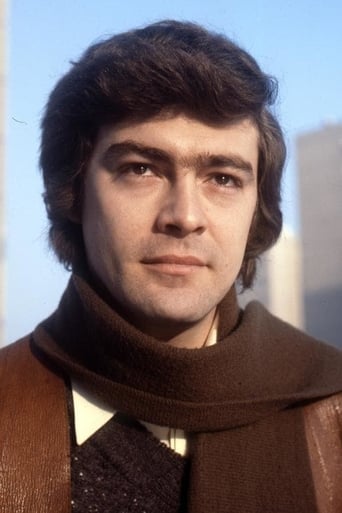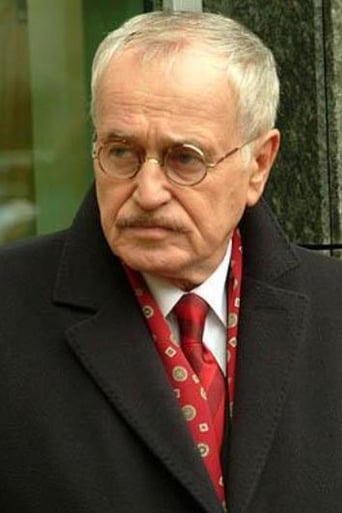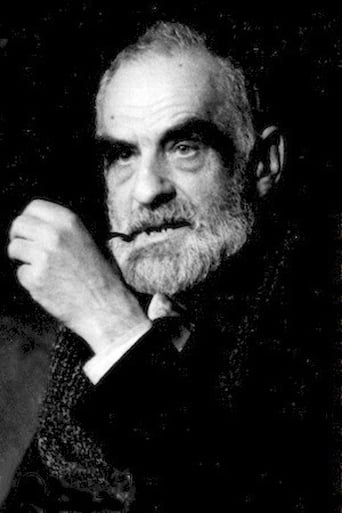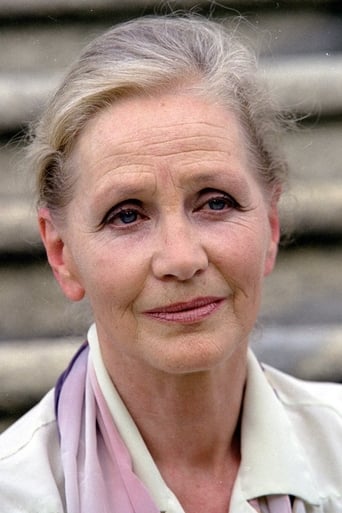Laikals
The greatest movie ever made..!
Janae Milner
Easily the biggest piece of Right wing non sense propaganda I ever saw.
Patience Watson
One of those movie experiences that is so good it makes you realize you've been grading everything else on a curve.
Cheryl
A clunky actioner with a handful of cool moments.
rbbdagge
The film jumps between time-lines and characters in a somewhat confusing manner with dead figures re-appearing throughout the film, so trying to give a detailed story-line is somewhat pointless. The dialogue is extreme and sometimes absurd, but that only adds to the atmosphere of a character being eaten by lice and perhaps in a fever. The lice thing is based on fact - Polish resistance fighters were happy to put themselves forward for scientific experimentation with lice (in an effort to eradicate typhoid), as no German soldiers would go near them if their cards said that they were involved in the programme. The lice in any case are a symbol of war - people sucking the blood out of each other etc. A chaotic and incoherent film, but amazing first-time direction from Zuwavski. It is all filmed in hand-held camera (usual stuff now, but extremely unusual back in the early 70's), so there is a lot of movement. The film was made in Krakow and the city looks nothing like is now - an empty desolate filthy city of dilapidated grey building. Very Kafka-esque indeed, with stark bleak colours. I liked the film for atmosphere and cinematics, but many will not if they concentrate on the story and often somewhat obscure dialogue.The film was a big thing when it came out in Poland with huge queues to see it by the public - it has lost its relevance today and looks VERY dated (ie. as does all Polish 1970s cinema), but is still an interesting view.
allenrogerj
The film begins with a young woman reading from the Book of Revelation. It returns to the same scene again and at the end; in the meantime the film's narration, a strange, hallucinatory circle around the Institute for research into lice in Lwow, the only Polish academic institution the Nazis left open in Poland in the second world war, centring on Michal, the putative father of the young woman's son, Michal's family and the Resistance, circling back to what brought Michal, Marta and his parents to a supposedly safe place. It isn't safe, of course; Michal's mother, Marta and his son are soon killed by German cavalrymen. The film moves back to earlier betrayals and forward to the deaths of Michal, his family and most of the film's characters. We learn- and see- more of the feeding habits of lice than we ever knew before and than most of us would ever want to know and learn more of the resemblances between humans and lice. It might be Michal's fantasy as he suffers from typhus; it might be "reality"; whatever it is this is an astonishing and hallucinatory film. Early Polish films looked at the physical aspects of war; this is about the psychology of it and the psychological effects.
fred-83
Just watched the excellent Second Run DVD release of this film, and I was not disappointed. He must be one of the most underrated directors alive at the moment. In each of his movies (I have only seen two others) he manages to create an amazing cinematic velocity, you are not sure about the meaning and of the plot twists, but you are defenseless against the intensity of the camera-work, editing, performances and staging. He uses film in the way I usually find most interesting, to convey dream states and give fragmented views into other worlds, in that sense he is like Bergman when he was at his best. I can't help comparing the two since Bergmans recent passing and my seeing this film happened almost simultaneously...Watching this film is like experiencing someones nightmare, based in a gritty reality but at the same time far removed from it, and also managing to convey political issues in a non-realistic way. Which is the way I prefer, not ramming it down the audiences throats, but keeping it in the subtext for you to explore if you want.
Raúl Quintanilla Alvarado
Having seen two other movies by Zulawski, that forgotten artist, I'm starting to distinguish a style, some themes and his conception of human emotions. He doesn't care to develop a clear story, he has a way of surprising us continually through the exploitation of the characters which cover all the range of emotions. He can take any human and expose them to supernatural occurrences until they goes mad; they live in a constant nightmare. His actors occasionally go in a real trance and purge themselves of all emotions, crying and laughing simultaneously. It seems as if he is dissecting humans and beneath all that flesh and terror there lies a spirit, alone and in darkness.Near the end someone cites the Apocalypse, and goes something like this: and then they will search for death and they won't find it. And that seems as the center point to the movies I've seen. In a way you can say he believes in an eternal return of the soul, but what he longs for is tranquility in death and so life to him is just a terrible passing, and so it is occasionally for many.About the movie, well, it can be mistaken for some supernatural horror flick, some will be repelled by the style others will embrace it. But to me his movies are more of the overall experience and the way they linger in our subconscious as an infernal palace which we try to discredit and judge unreal, but which we inhabit.








